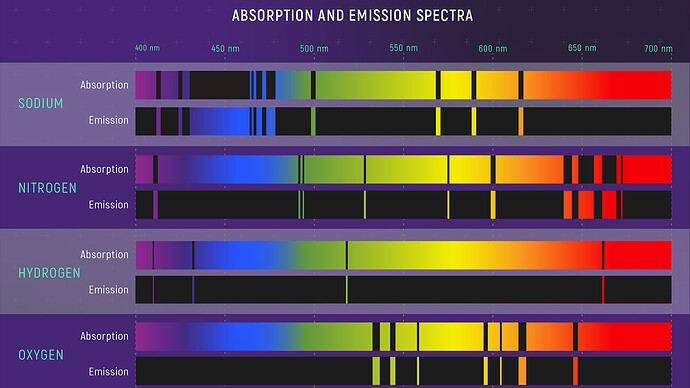T. aquaticus is the short name for the bacterial species Thermos aquaticus that is known for living in near boiling hot springs. This species is near and dear to the hearts of molecular biologists because we regularly use modified versions of its DNA polymerase to make copies of DNA in the polymerase chain reaction (PCR). Its polymerase is able to withstand prolonged exposure to near boiling temperatures which makes it useful for many reactions in molecular biology.
In science, we present data (i.e. facts) and try to convince other scientists with that data. We don’t give empty assertions and seek acolytes.
Could you give an example of a scientific consensus producing a false fact? Mind you, I’m not asking for a false or faulty conclusion, but a false fact.
So there is no such thing as facts?
In science, we don’t rely on people self reporting their opinion of colors. We measure the light and the intensity of light at different wavelengths. This is called spectroscopy. For example, different elements have different absorption and emission spectra:
By objectively measuring the light spectrum from each element we can have a set of shared objective data to work from, and we can then determine what elements are out in the universe, or in samples we take from here on Earth. In fact, we can use this same technique to measure light in wavelengths we can’ even see.
Do you think it is a bad thing to change our minds based on new facts?
